Spain and northern Algeria are currently experiencing anomalous winter weather phenomena.
Parts of the Eastern Spain saw their first snow in 90 years while heavy snow started isolating several villages in central and eastern parts of Algeria.
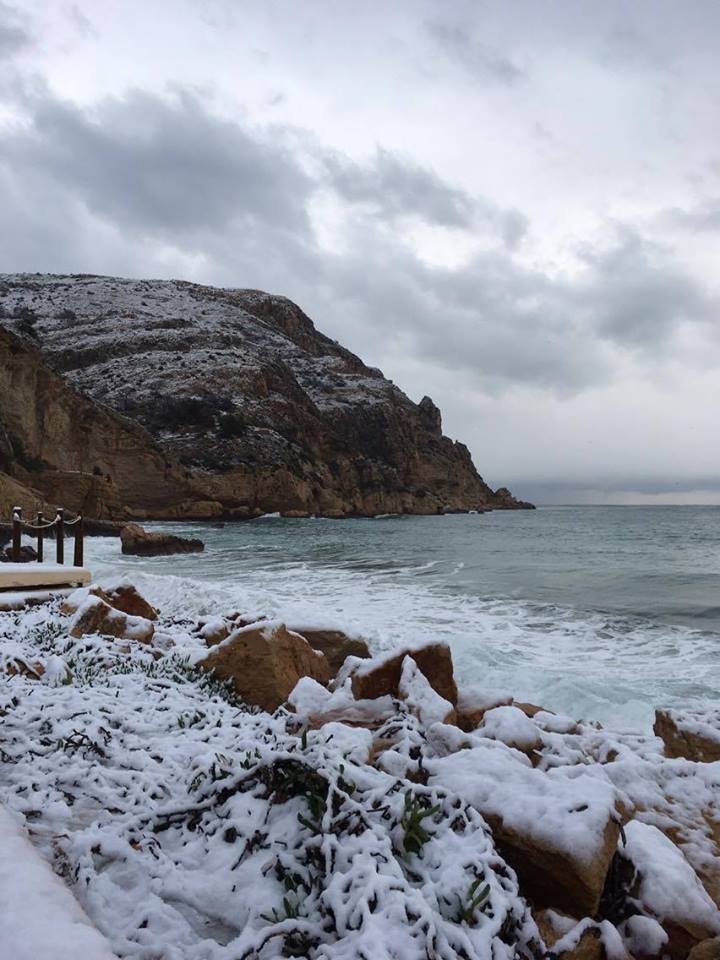
Blizzard conditions were reported in Yecla, Murcia on January 19, 2017:
Eastern Spain is experiencing an extremely rare winter weather for this region since Wednesday, January 18, 2017.
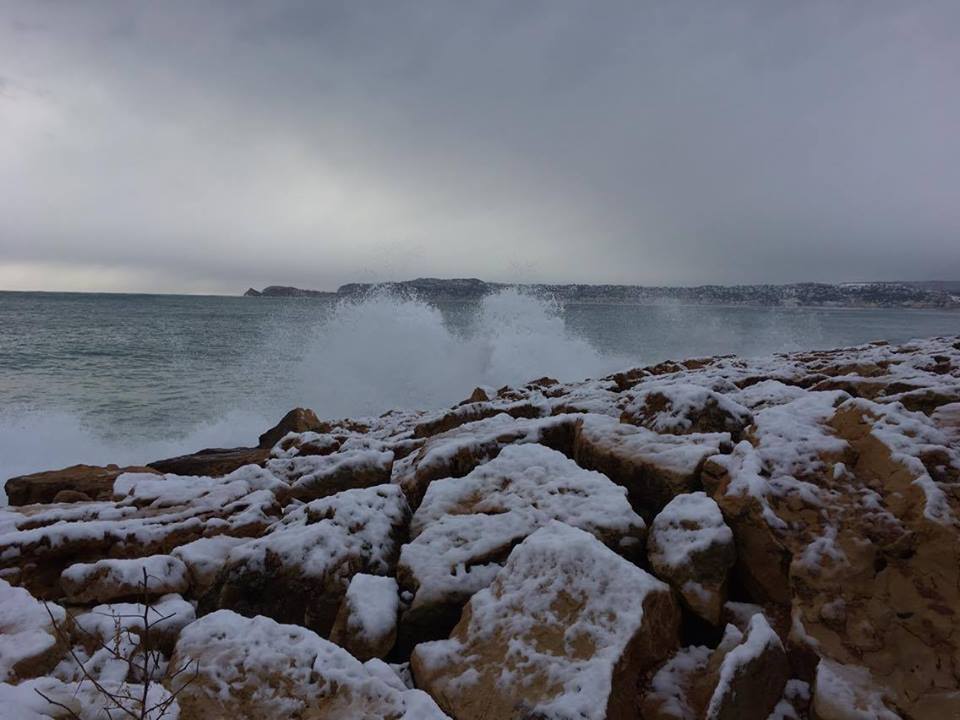
Meteorologist Danny Høgsholt described the event as historic: Extremely rare snow is falling across the southern and eastern coast of Spain. In some cases, it is the first snow in 90 years.
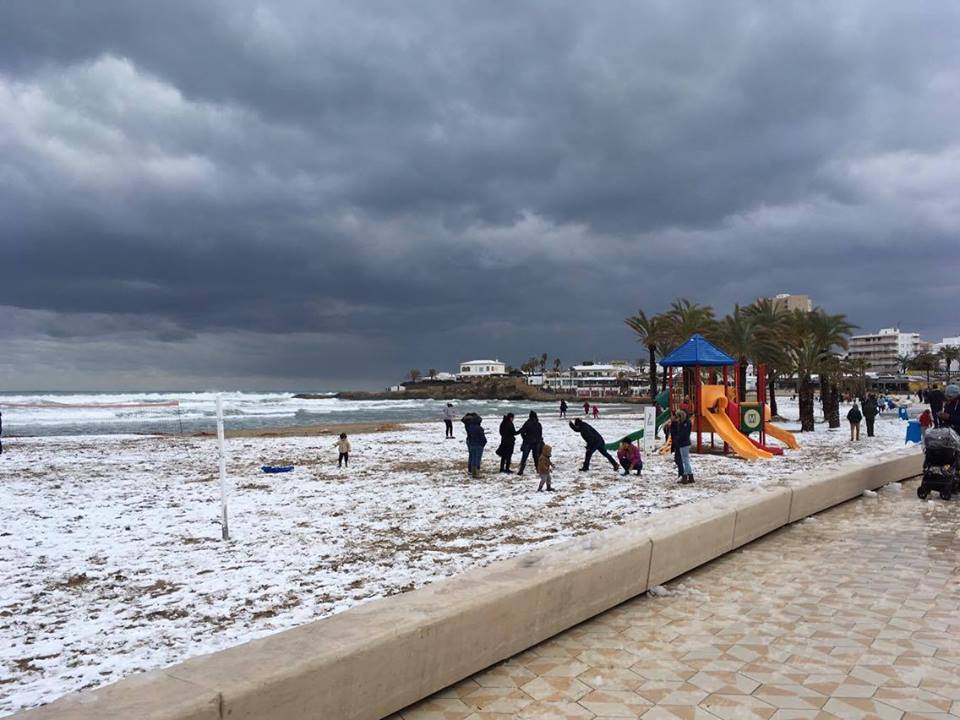
Through Friday, January 20, at least 3 000 people became stranded on roads due to heavy snow.
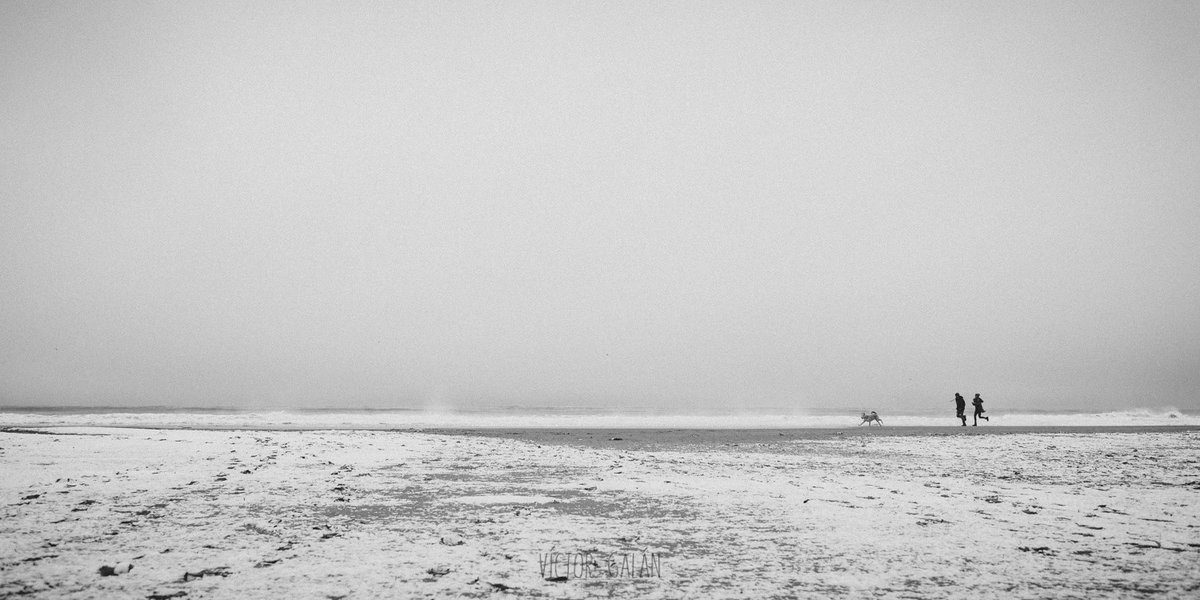
Snow is not so rare in central Spain and higher ground, but on the east coast, it happened just a few times in the past 100 years.
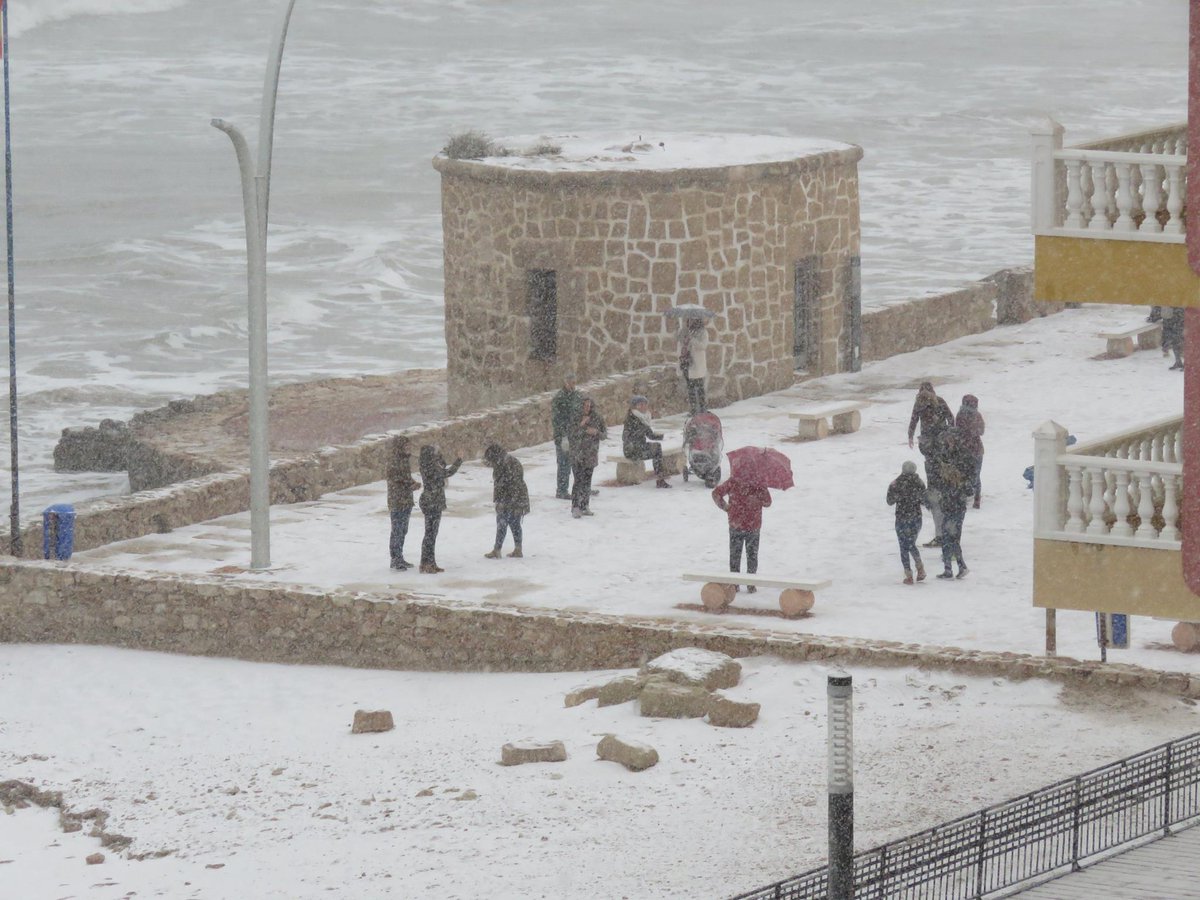
In Torrevieja, just east of Murcia, the snow was first since December 2, 1926. Before that, the city saw snow on January 2, 1914. “So, it is only the second time in 100 years that the city experienced snow,” Høgsholt said.
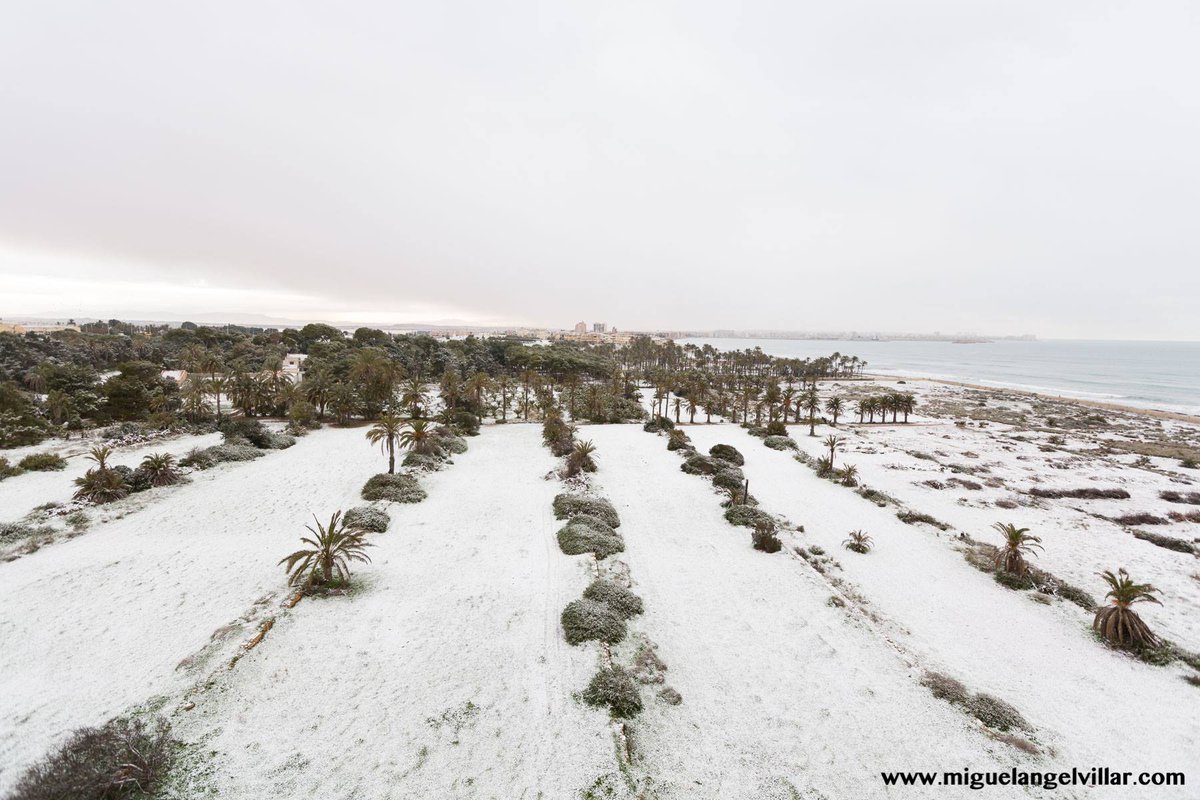
The low pressure area that brought rare snow to eastern Spain has also triggered across northern Algeria. Several villages in central and eastern parts of the country are isolated.

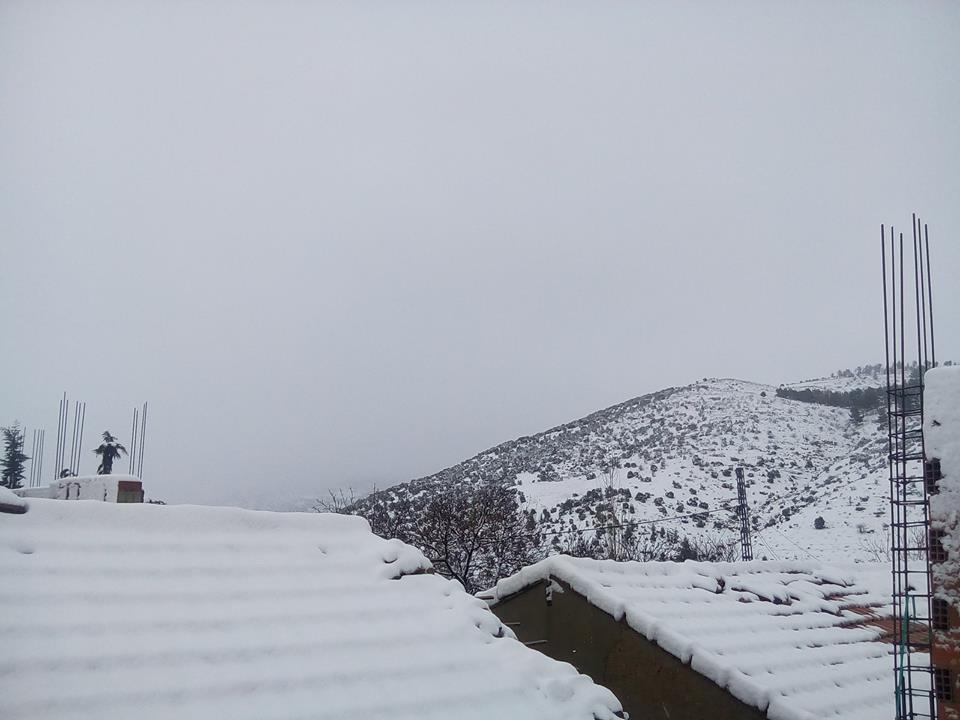
For the second time this winter, and third time since 2013, snow reached as far south as Aïn Séfra, a town and municipality in western Algeria known as the Gateway to the Desert:
Roads between Constantine, Batna and Souk Aras are blocked due to heavy snow accumulation and all flights at Constantine airport canceled until further notice.
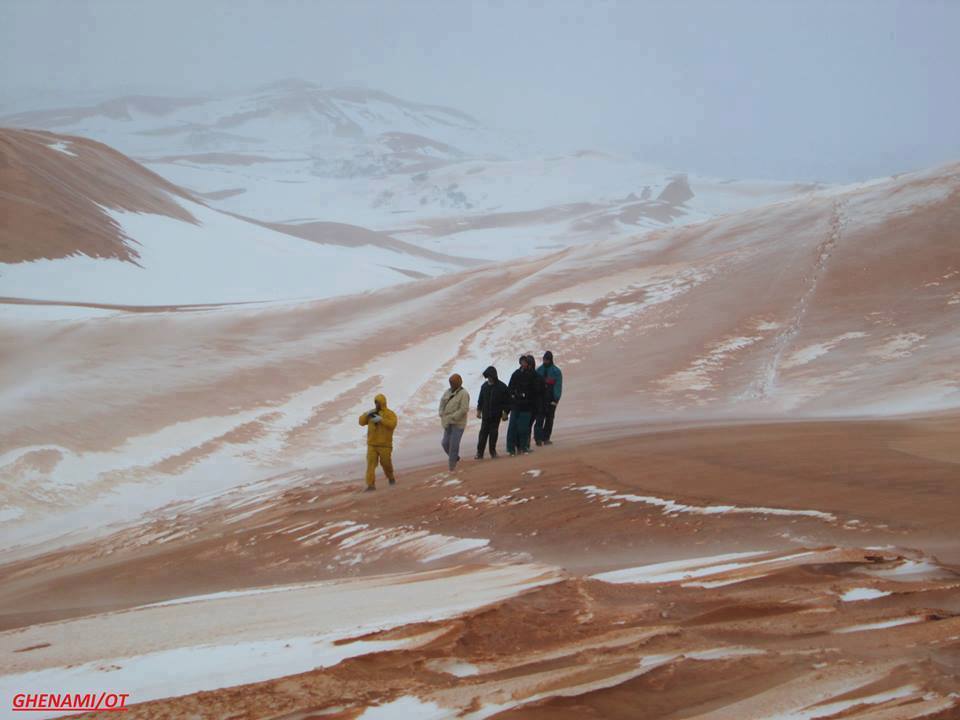
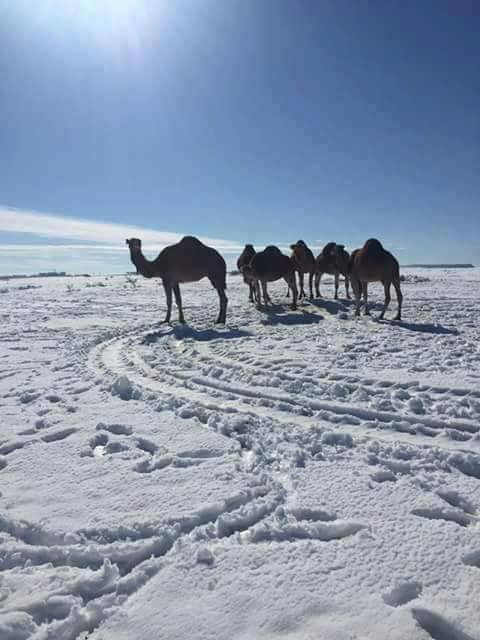
These weather anomalies are soon becoming daily life. But why?












